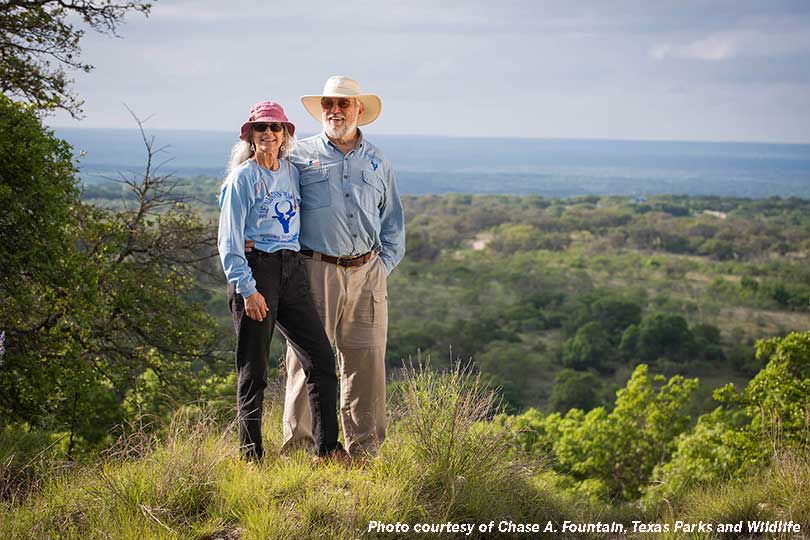By Gary Joiner
Editor
Researchers in Texas are looking for data on species that are believed to be declining. They’re hoping they find a newfound trust from private landowners at the same time.
Dr. Robert Gulley, director of Economic Growth & Endangered Species Management with the Texas Comptroller’s Office, contends access to private land helps ensure the impacts of the federal Endangered Species Act are minimal.
“One of the major problems that we face or the universities face that are doing the research for us is getting access so they can do the research they need to find out how many species are actually out there, where they are and so forth,” Gulley told the Texas Farm Bureau (TFB) Radio Network. “The state Legislature mandated that the Comptroller’s office and all state agencies maintain confidentiality of all information gained through these studies. We believe we can come to some sort of agreement with the landowner so that we can get access to the information we need to deal with Fish and Wildlife, while protecting their interests and the intent of privacy.”
Richard Taylor owns the Blue Mountain Peak Ranch in Mason County. He has hosted several researchers and biologists on the property who were interested in studying the diverse species that occupy the ranch.
“In the beginning, I made people sign documents that said they wouldn’t reveal the location of my ranch and provide specifics. I’ve changed my tune simply because of the trust I have in Texas Parks and Wildlife,” said Taylor, who has been honored as a past Lone Star Land Steward Award winner and is the 2016 Leopold Conservation Award winner.
Terry and Robin Sheen own 60 acres in southwest Tom Green County. Robin said she and her husband believe it’s important that species data be collected and the best science be used in making decisions. Researchers have accessed their property several times to study the spot-tailed earless lizard.
“We continue to see those. That’s a relatively new one for us in the last several years,” Robin said. “We have no qualms about letting them (researchers) in. We enjoy seeing what they’ve done, and they’ve always been good to give us feedback and send us pictures of what they’ve found. So, there’s no problem at all with them being on the property.”
Joe Carter is a landholder and a research scientist who currently lives in Lubbock. The Carter Estate in Glasscock County is property that was originally homesteaded in the late 1800s. He said access to private land by researchers is of utmost importance in a state like Texas where such a high percentage of the land is owned by private individuals.
“Without their permission, a lot of good research could not be able to be completed. I think most researchers are concerned about gaining the proper clearance to get on private property,” Carter said.
The Comptroller’s office lists the spot-tailed earless lizard as one of more than 50 species in Texas that is under review for a 12-month finding with the U.S. Fish and Wildlife Service.
“A possible endangered species designation does concern a lot of us. We’ve all heard horror stories. We’ve also heard success stories. I’m not sure what causes one to become the other. It definitely is a concern of a lot of landowners,” Carter said.

